13 Things That May Soon Disappear Forever (The Pandemic Edition)
Emerging technologies (and now the COVID-19 pandemic) are putting an end to these familiar items and practices.
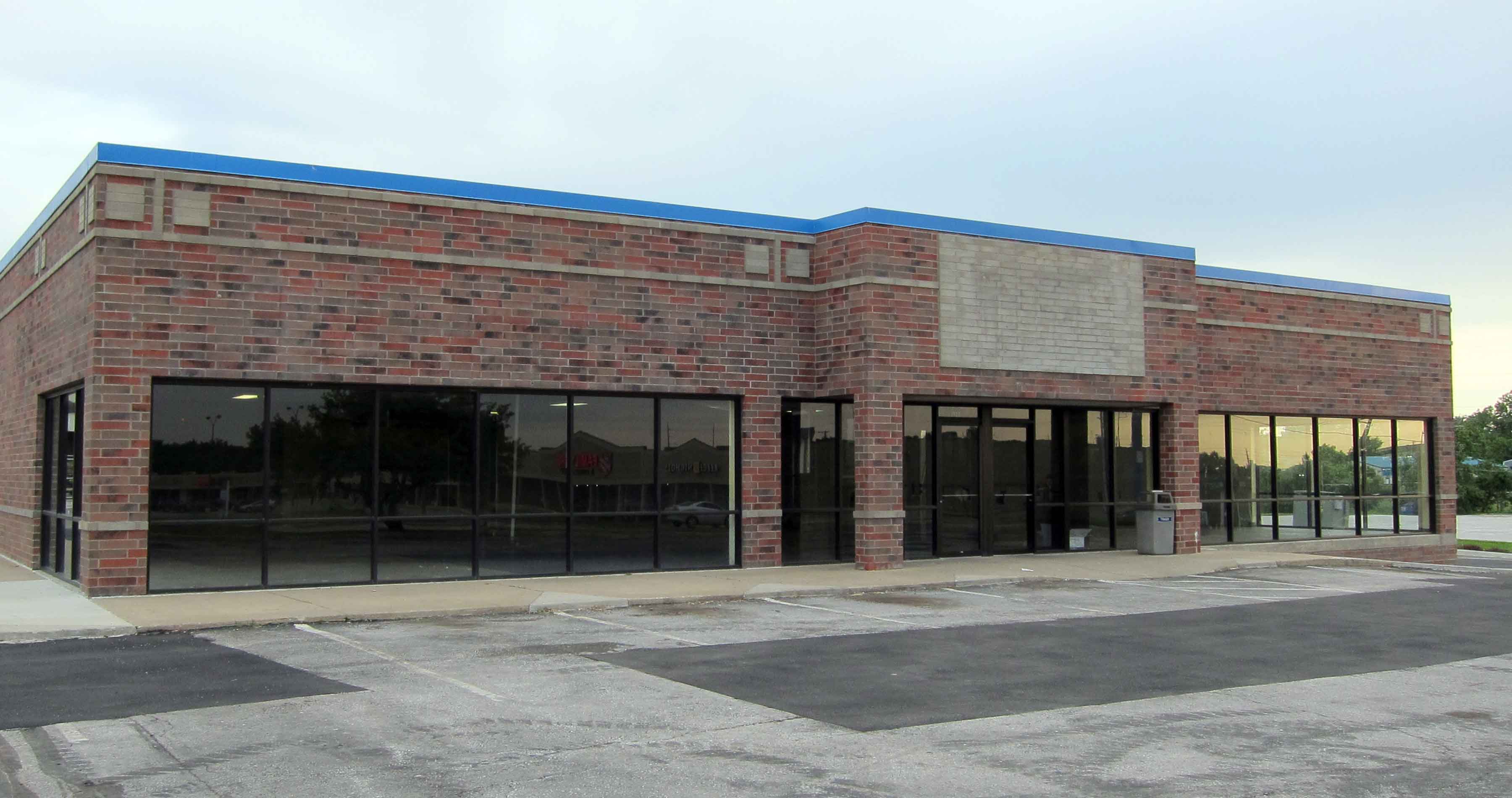
Profit and prosper with the best of Kiplinger's advice on investing, taxes, retirement, personal finance and much more. Delivered daily. Enter your email in the box and click Sign Me Up.
You are now subscribed
Your newsletter sign-up was successful
Want to add more newsletters?

Delivered daily
Kiplinger Today
Profit and prosper with the best of Kiplinger's advice on investing, taxes, retirement, personal finance and much more delivered daily. Smart money moves start here.

Sent five days a week
Kiplinger A Step Ahead
Get practical help to make better financial decisions in your everyday life, from spending to savings on top deals.

Delivered daily
Kiplinger Closing Bell
Get today's biggest financial and investing headlines delivered to your inbox every day the U.S. stock market is open.

Sent twice a week
Kiplinger Adviser Intel
Financial pros across the country share best practices and fresh tactics to preserve and grow your wealth.

Delivered weekly
Kiplinger Tax Tips
Trim your federal and state tax bills with practical tax-planning and tax-cutting strategies.

Sent twice a week
Kiplinger Retirement Tips
Your twice-a-week guide to planning and enjoying a financially secure and richly rewarding retirement

Sent bimonthly.
Kiplinger Adviser Angle
Insights for advisers, wealth managers and other financial professionals.

Sent twice a week
Kiplinger Investing Weekly
Your twice-a-week roundup of promising stocks, funds, companies and industries you should consider, ones you should avoid, and why.

Sent weekly for six weeks
Kiplinger Invest for Retirement
Your step-by-step six-part series on how to invest for retirement, from devising a successful strategy to exactly which investments to choose.
Fifteen years ago, thousands of Blockbuster Video stores occupied buildings like this all over the country, renting DVDs and selling popcorn. Today, there’s only one (it’s in Bend, Ore). The company’s shares once traded for nearly $30. Now the parent firm is gone, scooped up (and then erased) by the DISH Network in a bankruptcy auction.
Obsolescence isn’t always so complete, but emerging technologies and changing practices spell the end for many familiar items, practices and even jobs. COVID-19 is having abrupt effects, too, the consequences of which are still unfolding.
Here are 13 items that will soon fade to black.
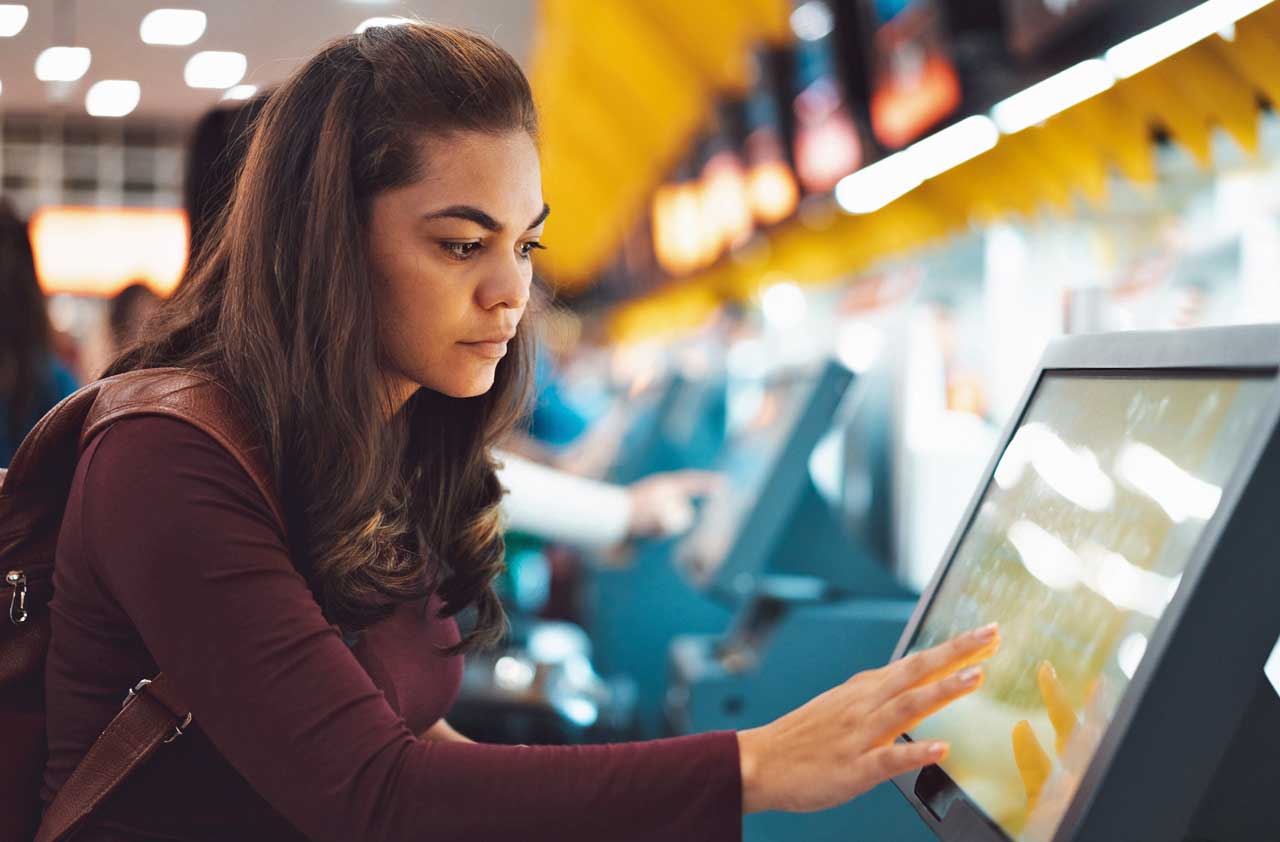
Touch Screens
Businesses will have to rethink public touch screens as more customers see shared surfaces as an infection risk, no matter how often they’re cleaned.
- ATMs, fast-food ordering terminals, displays in rental cars, airline kiosks and the like will get less use. Some people will carry special pens to tap the screens. Many firms will tout frequent cleaning or even offer free screen protectors to each user.
- Customers will turn to their smartphones instead. That gives many firms an opportunity to push their mobile apps, which figure to be in heavy demand.
Voice commands and gesture recognition are potential substitutes but their utility is limited. Voice commands may not work in a crowded, noisy environment. Hand gestures can be inaccurate.
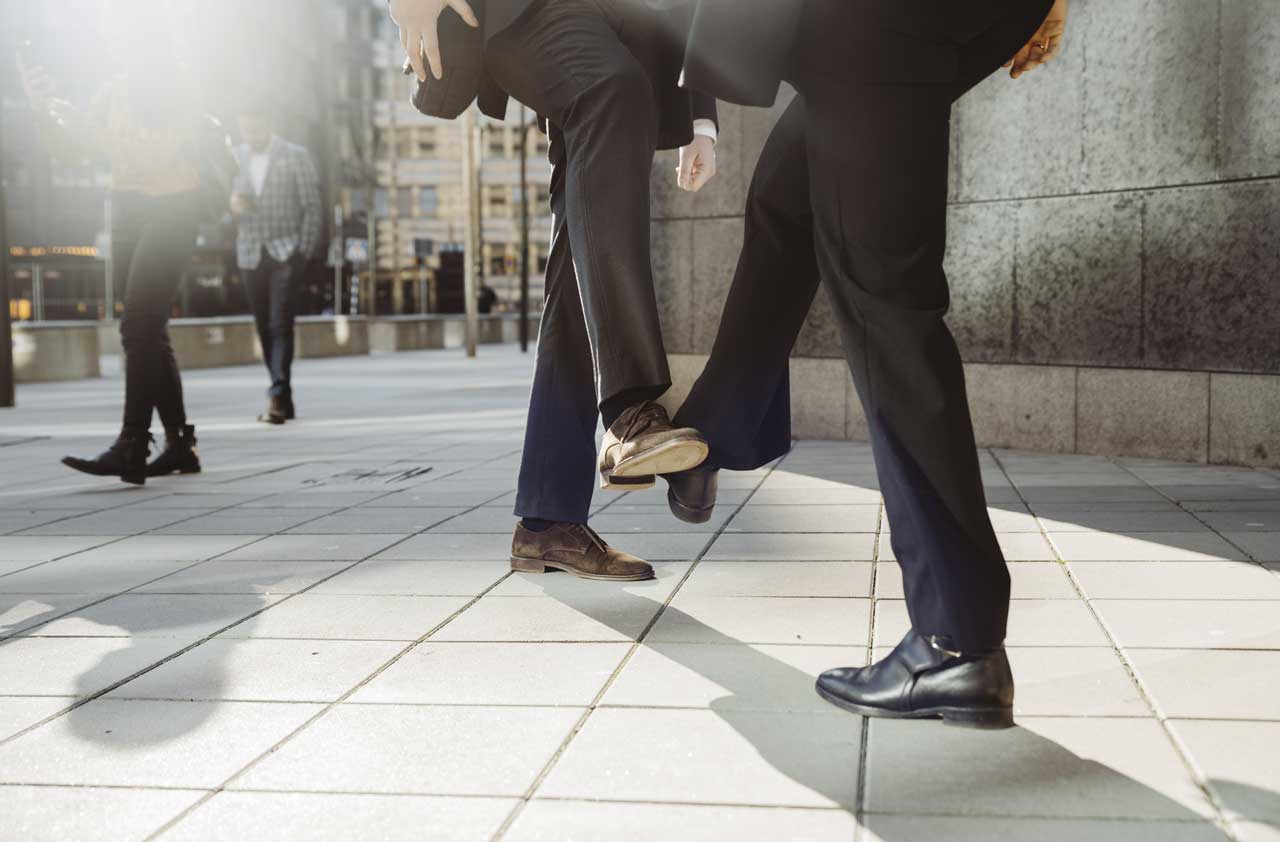
The Handshake
As you can’t socially distance and shake hands, that culturally entrenched behavior that marks both the opening and conclusion of so many business transactions is, well, locked down for now.
Health experts as well as those who study social behaviors say it might not come back, even when we’re once again able to get closer than 6 feet. Notably, Dr. Anthony Fauci, director of the National Institute of Allergy and Infectious Diseases, told The Wall Street Journal in April that “I don’t think we should ever shake hands ever again, to be honest with you.”
Whether handshaking recovers will depend on the balance between the messaging from health authorities like Fauci and Americans’ interest in following it. Potential non-contact replacements for now (and maybe later) include a range of waves from the Emily Post Institute to a small bow (already a thing in much of East Asia) to a sort of pledge-like hand-over-heart gesture to a foot bump (pictured here). But those substitutes will struggle to send the signal of “cooperative intent” that the handshake provides in the business world.
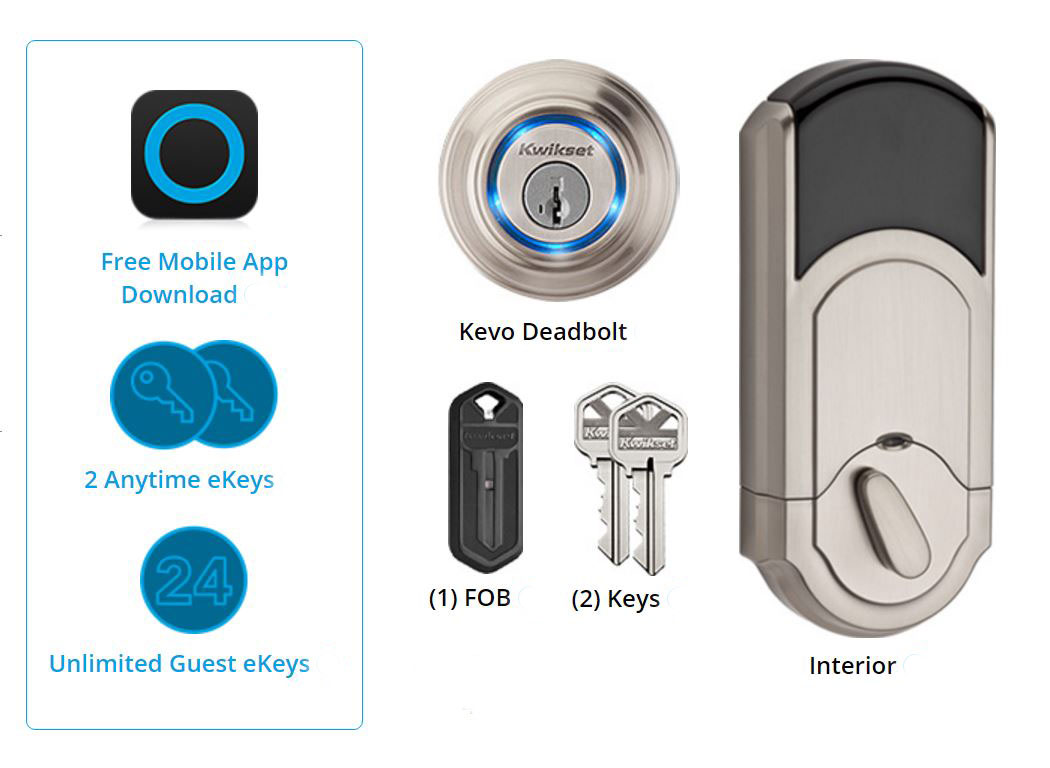
Keys
Keys, at least in the sense of a piece of brass cut to a specific shape, are going away.
At the office, most of us already use a card with a chip embedded to get access. But for getting into your house (and your car), the technology that will kill off the physical key is your smart phone. Connecting either via Bluetooth or the Internet, your mobile device will be programmed to lock and unlock doors at home, at the office and elsewhere. The secure software can be used on any mobile device. So if your phone runs out of juice, you’ll be able to borrow someone else’s device and log in with a fingerprint or facial scan. Phone stolen? Simply log in and change the digital keys.
For the car, a variety of “connected car” services such as Audi Connect and GM’s OnStar already let you unlock and lock the car remotely and even start it with a phone app — but you still need your keyfob to drive off. Next up: Allowing you (or someone you authorize) to drive without even the keyfob, just your phone. Some Volvos and Teslas offer this feature, but look for it go more mainstream soon.

Trading Commissions
Imagine a time (it was even before Blockbuster) when if you wanted to buy 100 shares of a stock trading around $50, you'd have to call a stockbroker to get it done — and then pay about $60 for the service.
Those charges, called commissions, have been dropping since the 1990s, and in late 2019 hit zero at most of the biggest brokers, including Charles Schwab, TD Ameritrade, E*Trade and Fidelity.
Not everything is included — many brokers still charge commissions for mutual fund trades, and in general, foreign shares, bonds, options and other more esoteric trades will still incur fees — but “zero commission” is proving an appealing pitch that could lower trading costs for those as well.

Ink Signatures
Did you spend some time in say, your early teens, working out a snappy, distinctive signature? Sorry to say, no one’s much interested in your graphological flourish these days, and the social distancing imperative of COVID-19 may spell the end of the already-declining “wet” signature — physically putting pen to paper on a document.
The changeover to digital signatures was set in motion 20 years ago with the federal Electronic Signatures in Global and National Commerce Act (ESIGN Act). Most states followed suit through another acronymic agreement called the Uniform Electronic Transactions Act (UETA). But there have been holdouts for the wet signature, including personal documents that have to be filed with courts (such as divorce decrees) and as well as some business documents (particularly in real estate) that have to be recorded.
With stay-at-home and lockdown policies limiting the ability to people to get together and coronavirus making a pen look more like a a disease vector than a writing implement, federal and state authorities have been scrambling to change rules to let business continue. The Federal Reserve Bank of New York, for example, is now taking electronic signatures on loan documentation. “With the expansion of eSignature use in the current climate,” lawyers at Proskauer Rose LLP wrote in a recent blog, “such practices will likely continue to be used once life gets back to normal and offices reopen.”
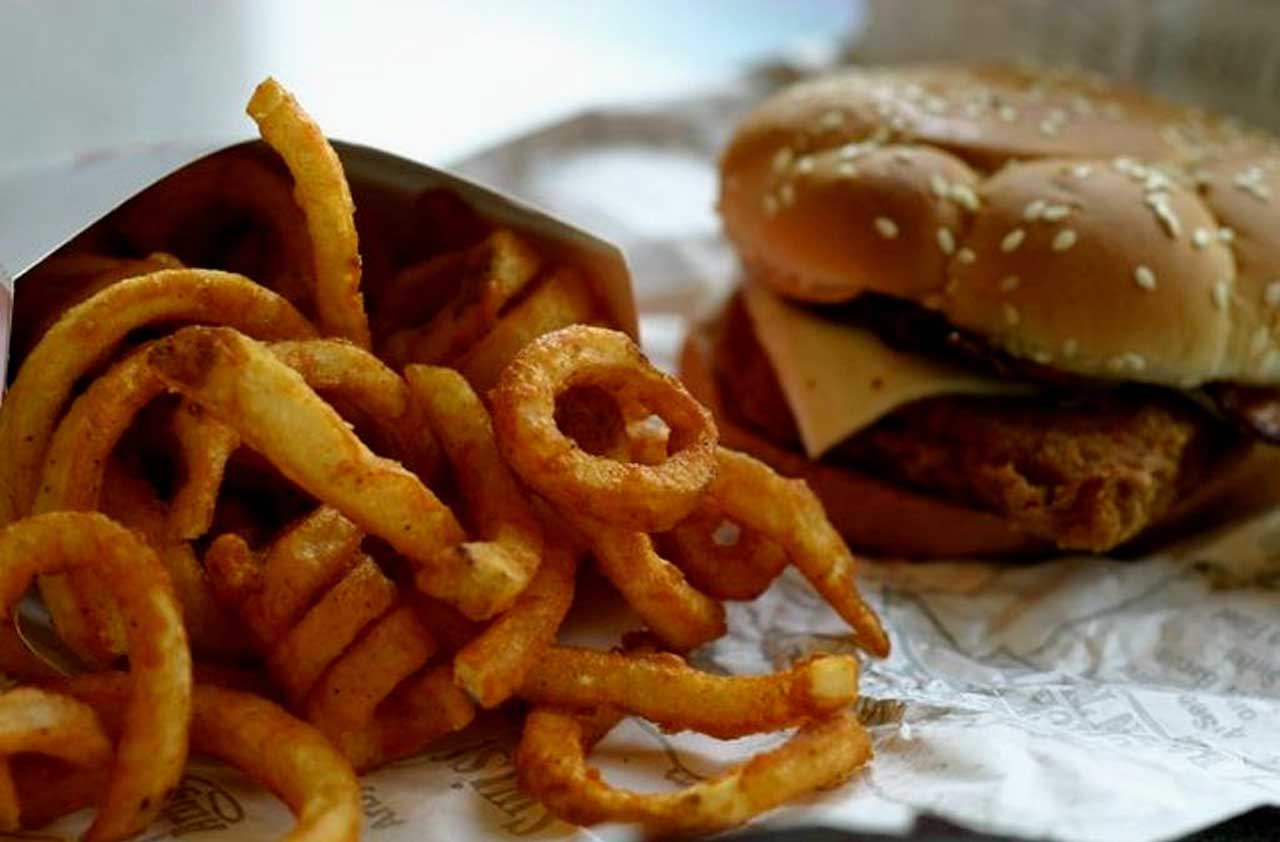
Fast-Food Workers
Burger-flippers have targets on their backs as fast-food executives are eager to replace them with machines, particularly as minimum wages in a variety of states rise to $15.
Diners will notice reduced staffing up front as outlets such as Panera (PNRA) and McDonalds’ (MCD) turn to apps and (perhaps to a lesser degree in the wake of the coronavirus) kiosks for order placing.
Behind the scenes in the kitchen, industry giants like Middleby Corp. (MIDD) and boutique startups like San Francisco’s Momentum Machines are all hard at work for devices that will take on tasks like loading and unloading dishwashers, flipping burgers, and cooking french fries.
Humans won’t be totally out of the picture — the machines will require supervision and maintenance, and dissatisfied customers will need appeasing. But jobs will plummet.
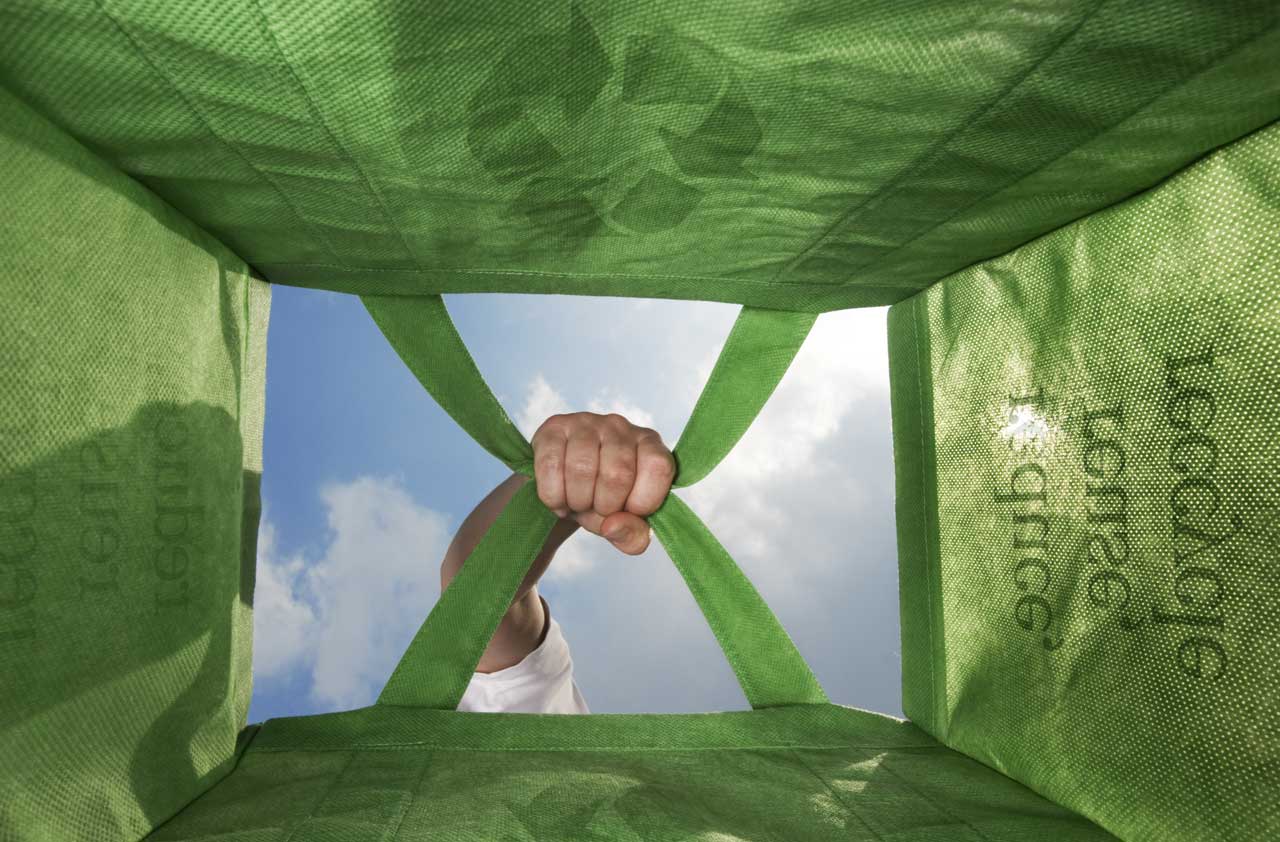
Reusable Bags
“Wait a minute,” you say. “Didn’t I just get shamed into buying like 10 of these bags that I can never remember to actually bring into the store?” Yes, well, things have changed.
An increasing number of state and local governments have instituted temporary bans on customers bringing their own reusable bags to grocery stores and other retail outlets. The thinking: Such bags potentially could be contaminated with the coronavirus. Illinois, New Hampshire, Massachusetts, San Francisco (yes, even there!) and other locales across the country have instituted bans on reusable bags. And statewide bans on single-use plastic bags slated to go into effect this year in New York and Maine have been put on hold. More localities may follow suit.
Citing environmental concerns, state and local governments for years have been trying to wean the public from its plastic bag habit, either by requiring customers to pay a few cents to purchase single-use bags at checkout or instituting outright bans. Such moves have become a growing threat to the plastics industry — and the fight over bags has been fought at culture-war intensity.
But since the pandemic took hold, the industry has been lobbying the federal government to proclaim that plastic bags are more hygienic.
The science around reusable bags and their potential to spread disease is contentious. An often-quoted 2011 study by researchers at the Universities of Arizona and Loma Linda found that reusable plastic bags can contain bacteria. But the study was funded in part by the American Chemistry Council, which represents major plastics and chemicals manufacturers. The study recommends that shoppers simply wash their reusable bags, not necessarily replace them with plastic bags.
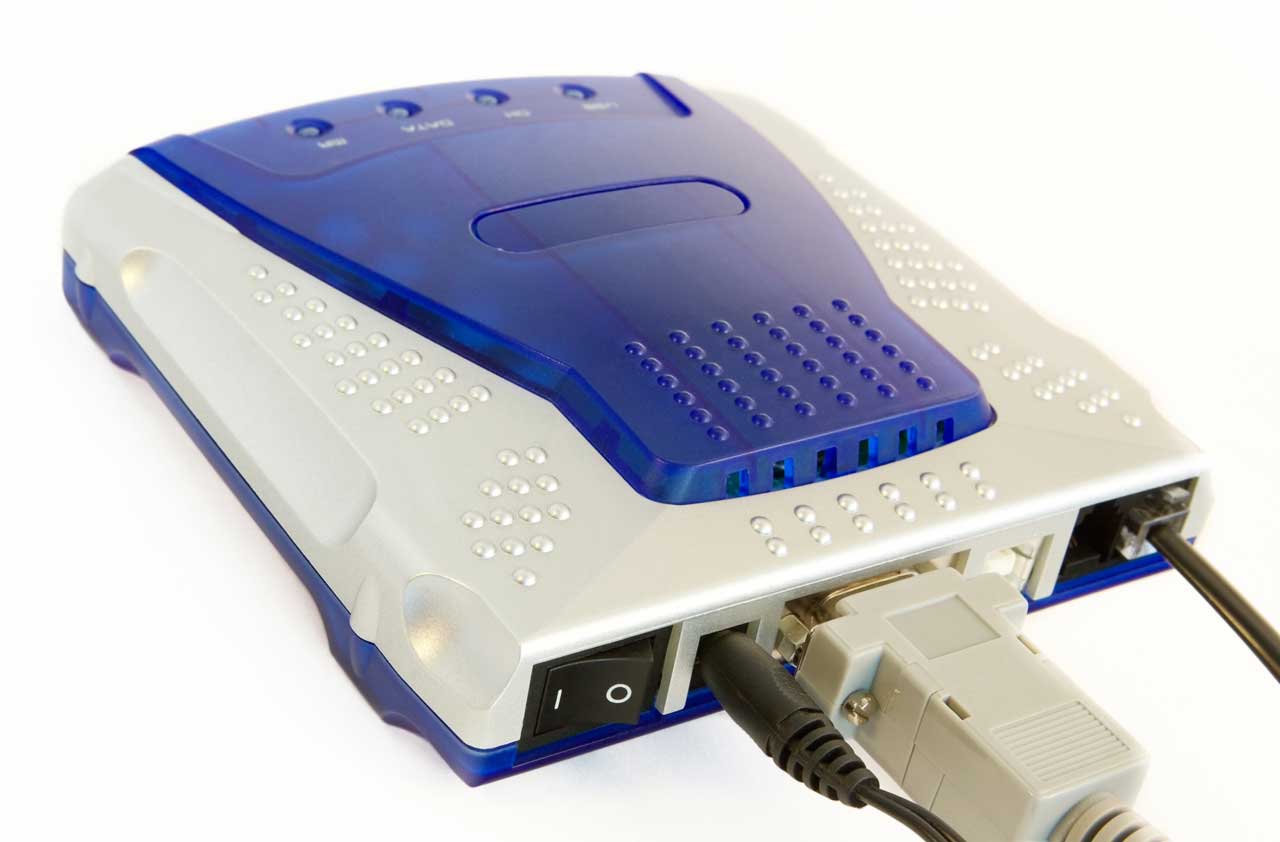
Dial-Up Internet
If you want to hear the once-familiar beeps and whirs of a computer going online through a modem, you will soon need to do that either in a museum or in some very, very remote location.
According to a study from the Pew Foundation, only 3% of U.S. households went online via a dial-up connection in 2013. Thirteen years before that, only 3% had broadband (Today, 70% have home broadband). Massive federal spending on broadband initiatives, passed during the last recession to encourage economic recovery, has helped considerably. The need to provide distance learning during the COVID-19 pandemic has also highlighted remaining pockets (often in disadvantaged urban areas) where broadband adoption is low.
Some providers will continue to offer dial-up as an afterthought for those who can’t or don’t want to connect via cable or another broadband means. But a number of the bigger internet service providers, such as Verizon Online, have quit signing up new dial-up subscribers altogether.
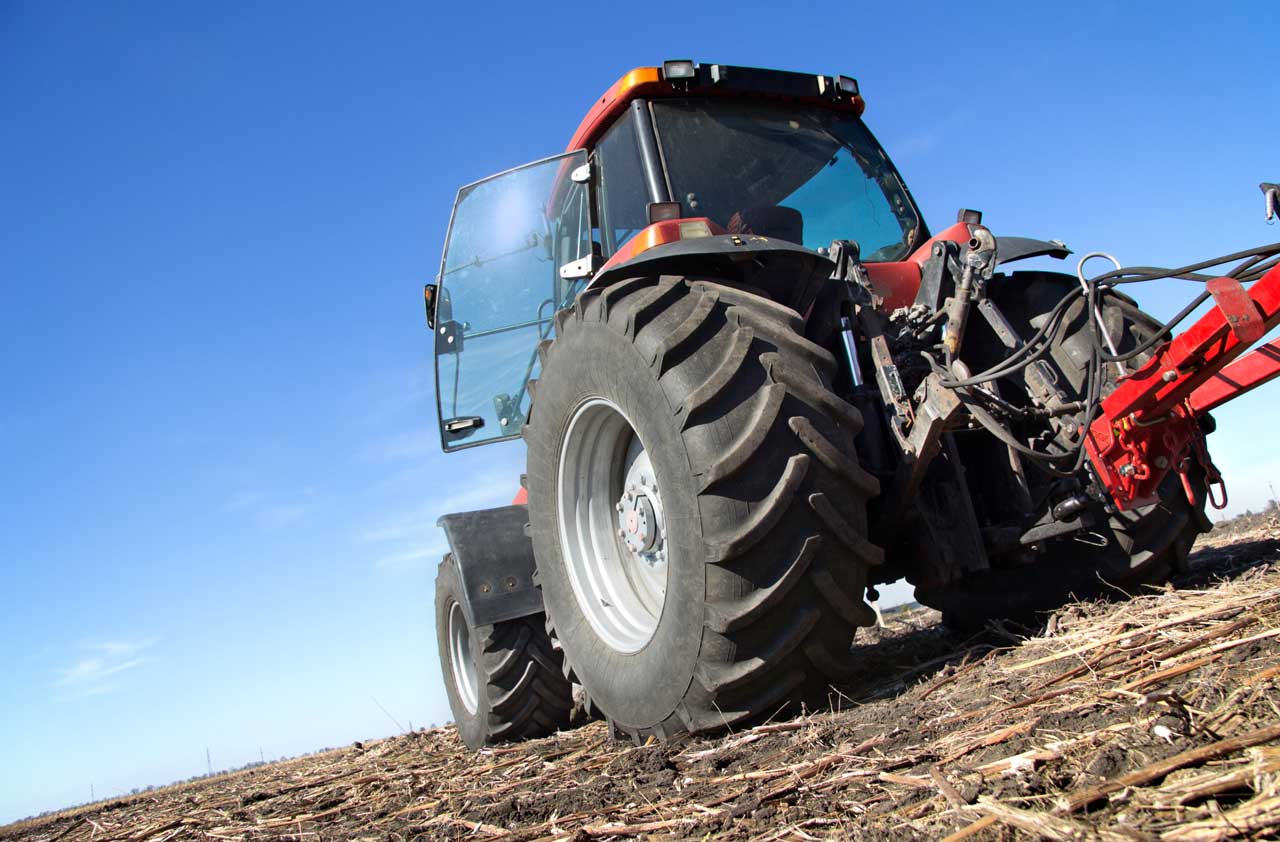
The Plow
Few things are as symbolic of farming as the moldboard plow, but the truth is, the practice of “turning the soil” is dying off.
Modern farmers have little use for it. It provides a deep tillage that turns up too much soil, encouraging erosion because the plow leaves no plant material on the surface to stop wind and rain water from carrying the soil away. It also requires a huge amount of diesel fuel to plow, compared with other tillage methods, cutting into farmers’ profits. The final straw: It releases more carbon dioxide into the air than other tillage methods.
Deep plowing is winding down its days on small, poor farms that can’t afford new machinery. Most U.S. cropland is now managed as “no-till” or minimum-till, relying on herbicides and implements such as seed drills that work the ground with very little disturbance. Even organic farmers have found ways to minimize tillage, using cover crops rather than herbicides to cut down on weeds.
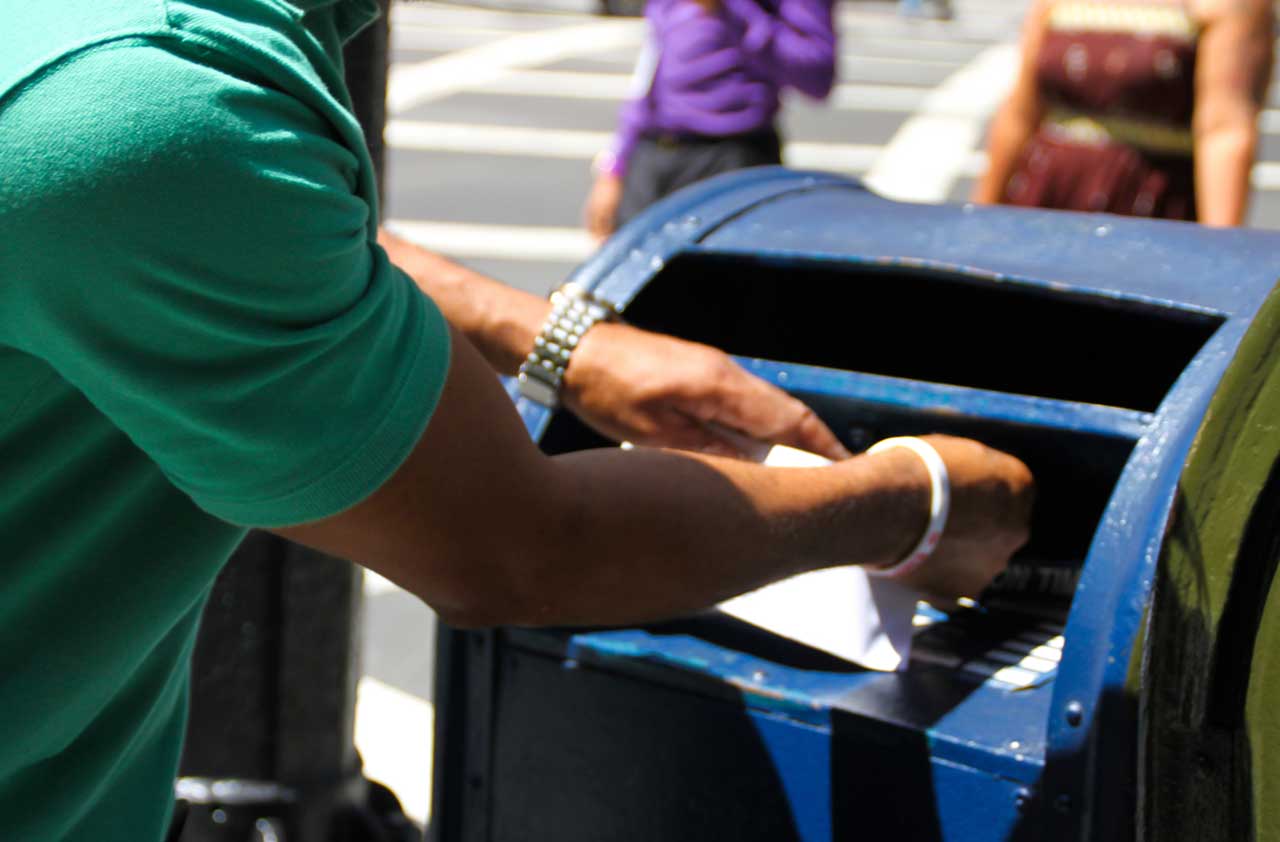
Your Neighborhood Mail Collection Box
The amount of first-class mail people are sending is plummeting — particularly when it’s coming from an individual tacking a stamp to an envelope. So, around the country, the U.S. Postal Service has been cutting back on those iconic blue collection boxes. Since it costs time and fuel for mail carriers to stop by each one, the USPS monitors usage and pulls out boxes that don’t see enough traffic.
Some boxes will find new homes in places with greater foot traffic, such as shopping centers, public transit stops and grocery stores. But on a quiet corner at the end of your street? Better dump all your holiday cards and summer-camp mail in it, or prepare to say goodbye.

Your Privacy
If you are online, you had better assume that you already have no privacy and act accordingly. Every mouse click and keystroke is tracked, logged and potentially analyzed and eventually used by Web site product managers, marketers, hackers and others. To use most services, users have to opt-in to lengthy terms and conditions that allow their data to be crunched by all sorts of actors.
The list of tracking devices is set to boom, as sensors are added to appliances, lights, locks, HVAC systems and even trash cans. Other innovations: Using Wi-Fi signals, for instance, to track movements, from where you’re driving or walking down to your heartbeat. Retailers will use the technology to track in minute detail how folks walk around a store and reach for products. Transcription software will be so good that many businesses will soon collect mountains of phone-conversation data to mine and analyze.
And think of this: Most of us already carry around an always-on tracking device for which we usually pay good money — a smart phone. Your phone is loaded up with sensors and GPS data. Is it linked to a FitBit perhaps? Now it has your health data.
The latest frontier: Using phones to track the spread of COVID-19. Thanks to Bluetooth, your phone can track who you’ve been near and for how long.
One reason not to fret: Encryption methods are getting better at walling off at least some aspects of our digital lives. But living the reclusive life of J.D. Salinger might soon become real fiction.
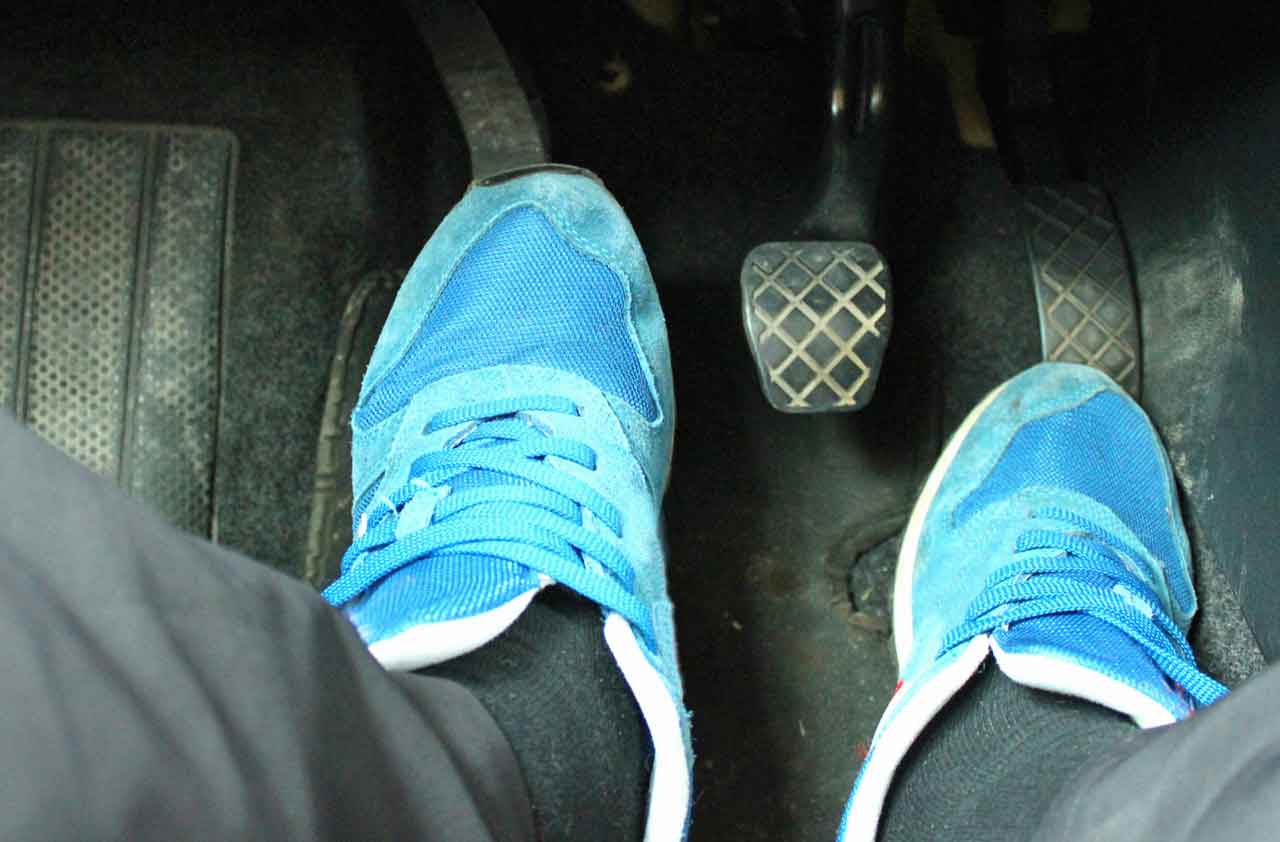
The Clutch Pedal
Every year it seems that an additional car model loses the manual transmission option. Even the Ford F-150 pickup truck can’t be purchased with a stick anymore.
The decline of the manual transmission (in the U.S.) has been decades in the making, but two factors are, ahem, accelerating its demise:
- Number one: Automatics are getting more efficient, with up to 10 gear ratios, allowing engines to run at the lowest, most economical speeds.
- Number two: Among high-performance cars, such as Porsches, “automated” manual shifts are taking hold. They use electronics to control the clutch instead of your left foot. You can select the gears with paddles, or just let the computer take care of that, too. The result: The computer shifts faster than the most talented clutch-and-stick jockey, improving the cars’ acceleration numbers.
Even the biggest of highway trucks are abandoning the clutch and stick for automatics, for fuel-efficiency gains and to attract drivers who won’t need to learn how to grind their way through 18-plus gears.
Some price-leader economy models, such as the Nissan Versa and Ford Fiesta, will list manuals on their cheapest configurations (though few will actually sell), and a segment of enthusiast cars, such as the Ford Mustang and Mazda Miata MX-5, will continue to offer the traditional three-pedal arrangement on some models. “It will be reserved for the ‘driver’s vehicle,’” says Ivan Drury, senior manager of insights for Edmunds.com. But finding one will be a challenge — those holdout drivers had better be prepared to special-order their clutch cars.

Blackouts
Frustrating power outages that leave people with fridges full of ruined food are on their way out as our electrical grid becomes increasingly intelligent – and resilient.
Two factors are at work: slow, incremental “smart grid” improvements to the system that delivers electricity, and the rapidly expanding use of solar energy in homes and business.
The breakthrough product here is the home battery. Developed by electric-car maker Tesla (TSLA) and others, will become cheap enough to store surplus solar power during the day and discharge it overnight, helping to better balance electricity supply and demand – and run a home for days during a blackout. LED lighting and more efficient appliances are helping, too, by reducing load on the system, whether the grid is or a backup system is running.
Utilities are also deploying huge banks of batteries, from suppliers like AES (AES), in storm-prone areas to make sure the power stays on for everyone.
Profit and prosper with the best of Kiplinger's advice on investing, taxes, retirement, personal finance and much more. Delivered daily. Enter your email in the box and click Sign Me Up.
-
 Dow Adds 1,206 Points to Top 50,000: Stock Market Today
Dow Adds 1,206 Points to Top 50,000: Stock Market TodayThe S&P 500 and Nasdaq also had strong finishes to a volatile week, with beaten-down tech stocks outperforming.
-
 Ask the Tax Editor: Federal Income Tax Deductions
Ask the Tax Editor: Federal Income Tax DeductionsAsk the Editor In this week's Ask the Editor Q&A, Joy Taylor answers questions on federal income tax deductions
-
 States With No-Fault Car Insurance Laws (and How No-Fault Car Insurance Works)
States With No-Fault Car Insurance Laws (and How No-Fault Car Insurance Works)A breakdown of the confusing rules around no-fault car insurance in every state where it exists.
-
 What Is AI? Artificial Intelligence 101
What Is AI? Artificial Intelligence 101Artificial intelligence has sparked huge excitement among investors and businesses, but what exactly does the term mean?
-
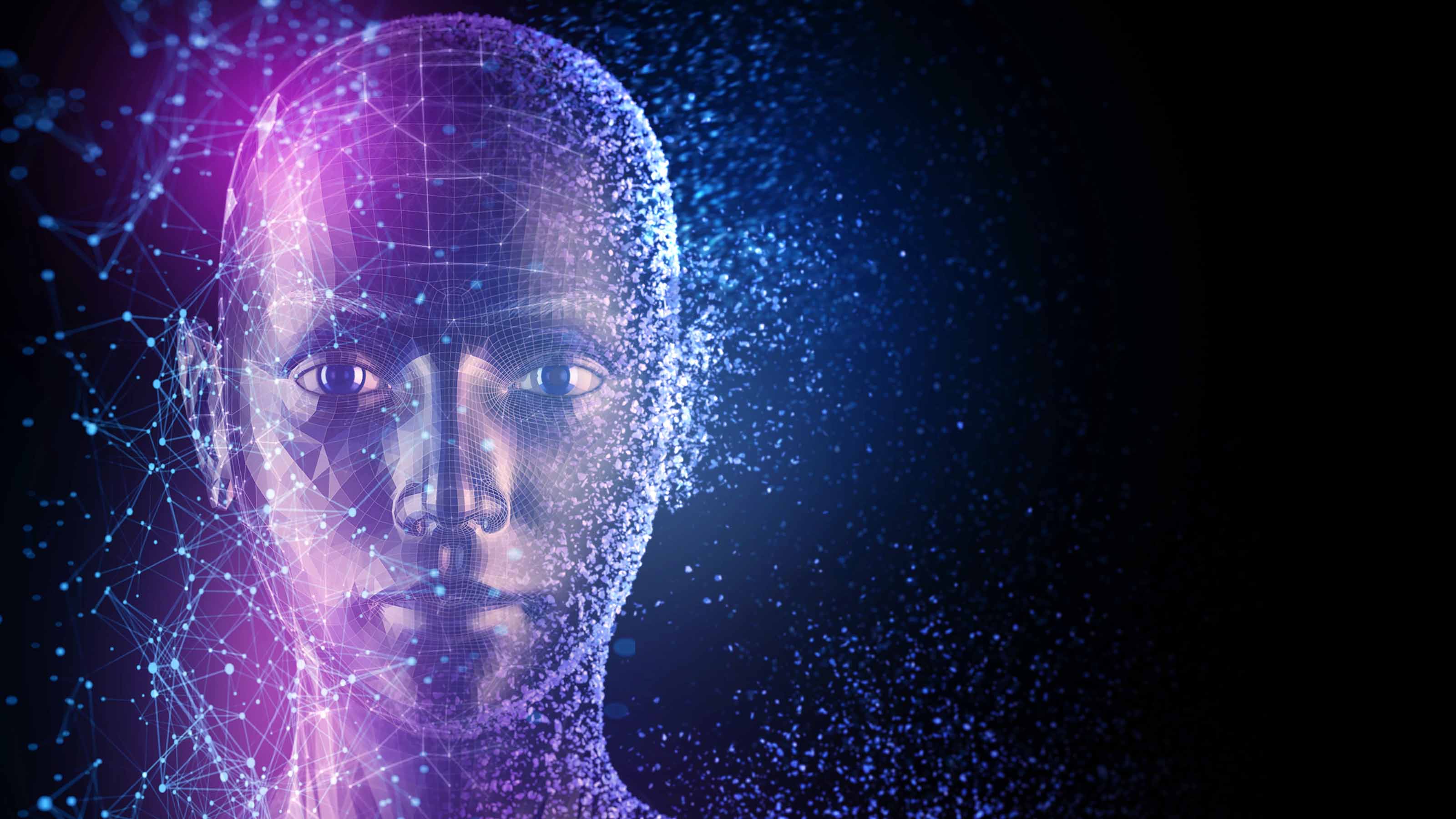 Text-Generating AI Faces Major Legal Risks: Kiplinger Economic Forecasts
Text-Generating AI Faces Major Legal Risks: Kiplinger Economic ForecastsEconomic Forecasts Major legal risks to text-generating artificial intelligence: Kiplinger Economic Forecasts
-
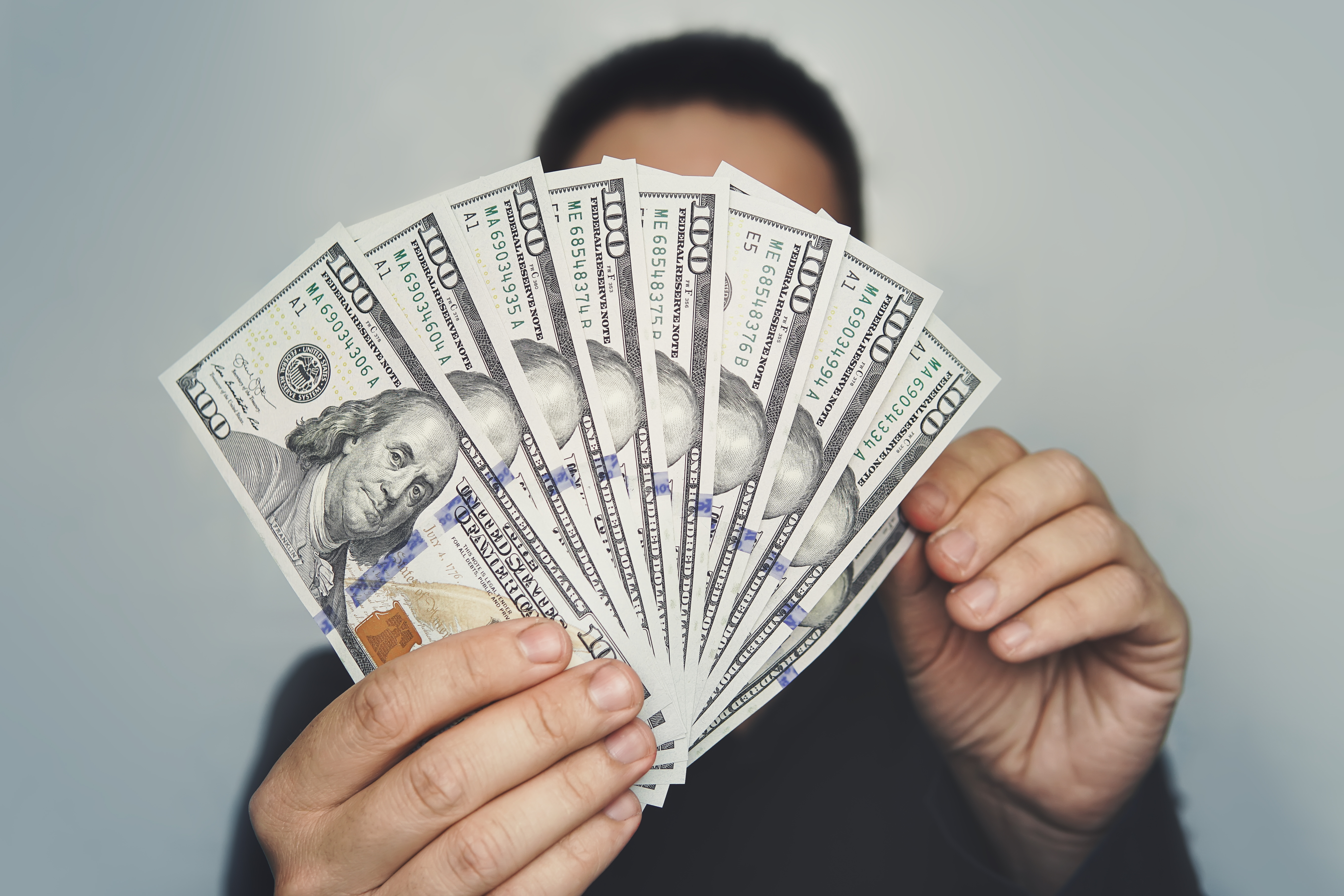 32 Ways to Make Money in 2025
32 Ways to Make Money in 2025business Check out these cool side hustles to earn bonus bucks this year.
-
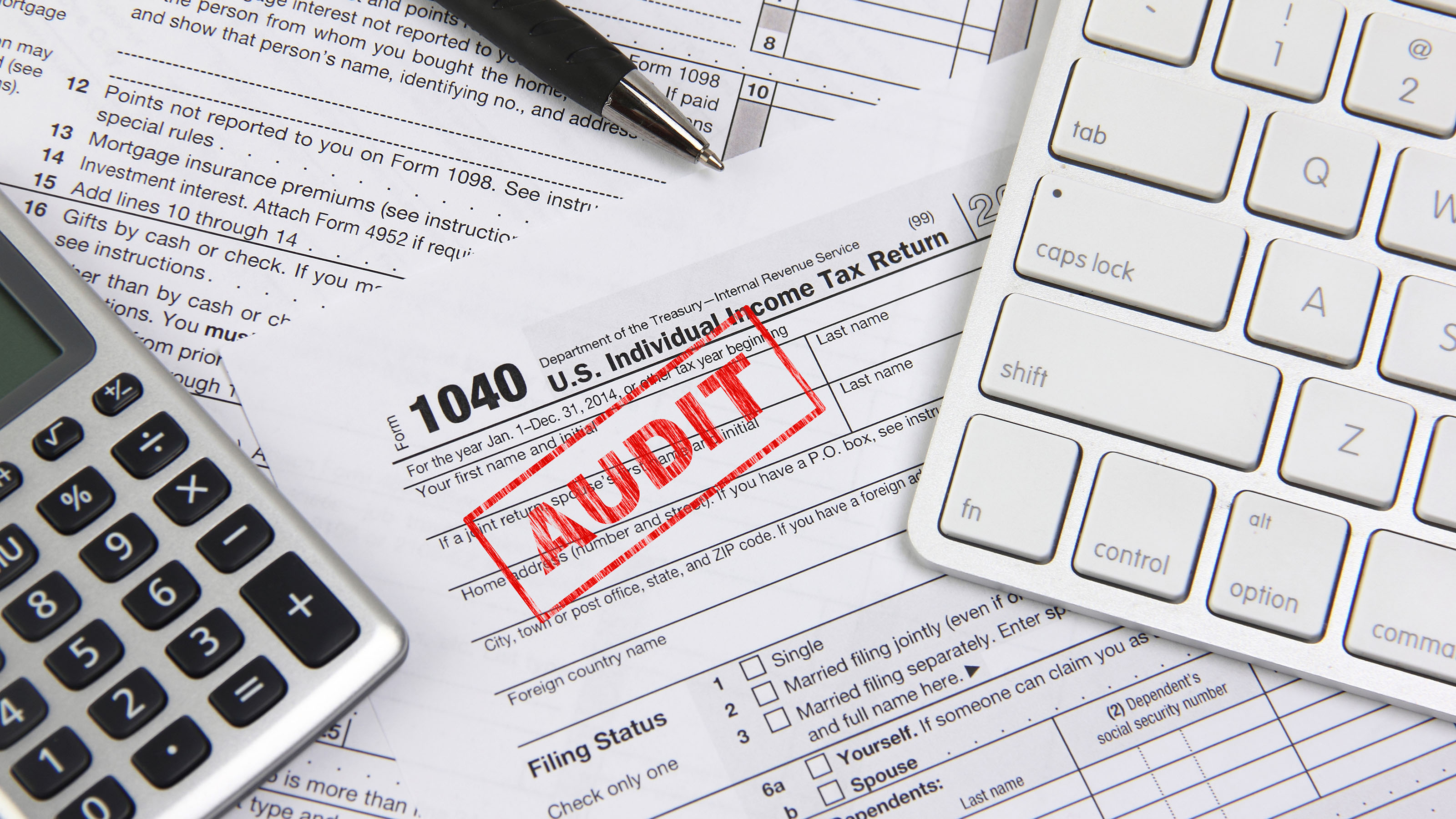 12 IRS Audit Red Flags for the Self-Employed
12 IRS Audit Red Flags for the Self-Employedtaxes If you are self-employed, minimize the odds of an IRS audit by avoiding these audit triggers.
-
 Business Cost Outlooks for 2022: Eight Key Sectors
Business Cost Outlooks for 2022: Eight Key SectorsEconomic Forecasts What’s in store for all sorts of business costs in 2022?
-
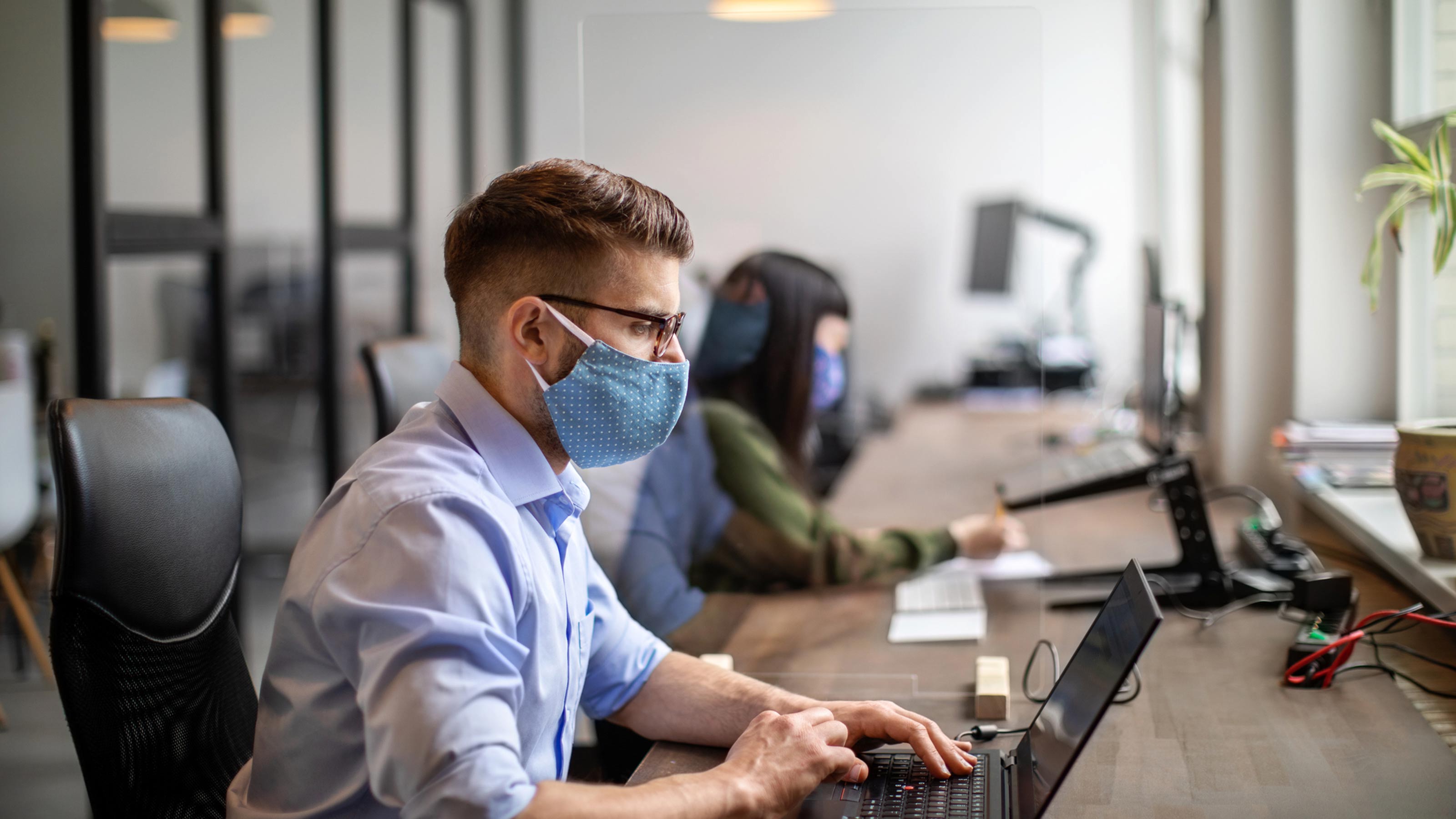 Open Enrollment Brings New Employee Perks (for a Price)
Open Enrollment Brings New Employee Perks (for a Price)Employee Benefits The pandemic and an increasingly diverse workforce have led to more benefits options for workers.
-
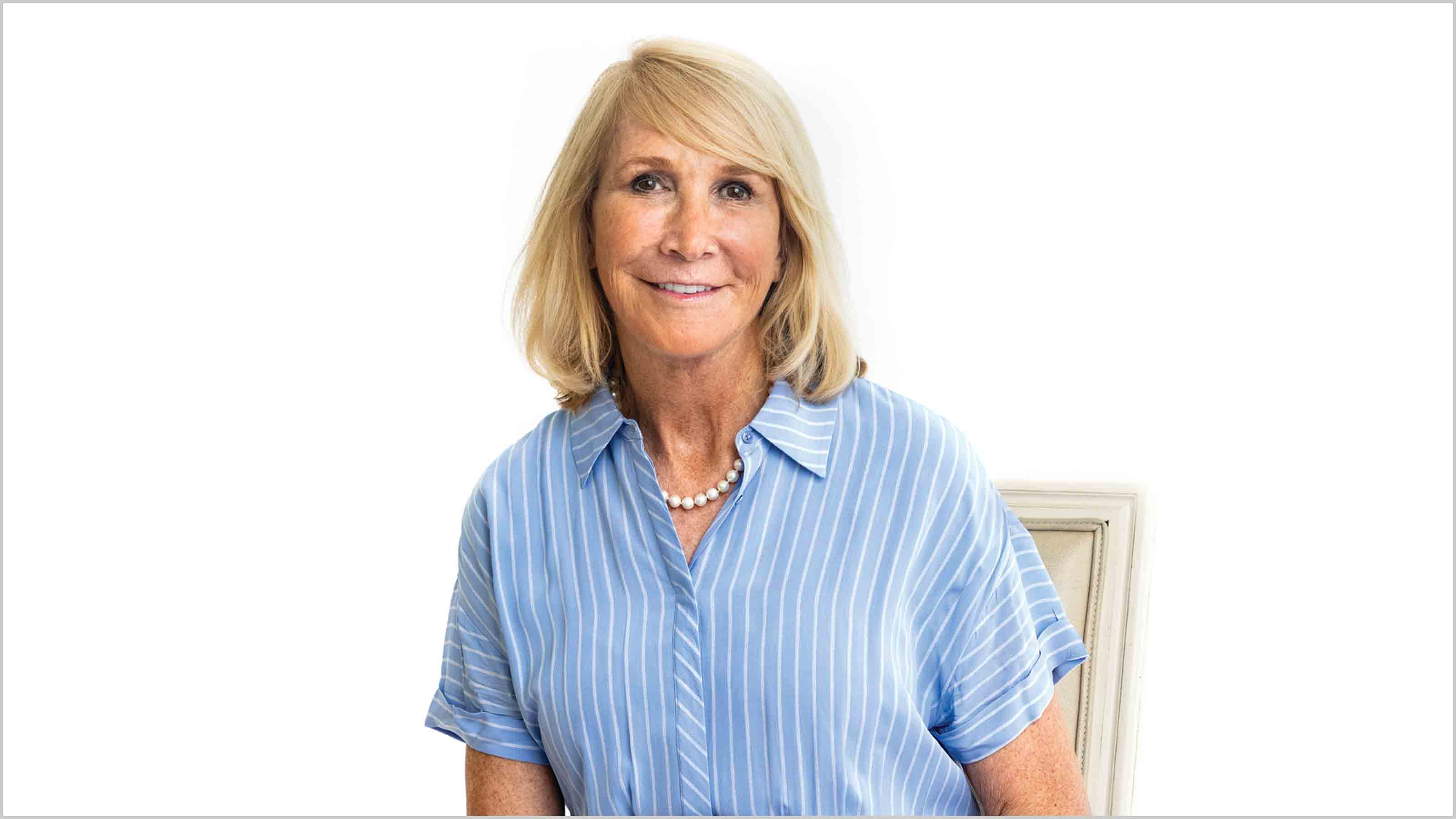 COVID Sparked a Surge of Generosity
COVID Sparked a Surge of GenerosityCoronavirus and Your Money One big focus among donors: charities that address food insecurity.
-
 Tough Times for a Family Business
Tough Times for a Family BusinessBusiness Costs & Regulation His dry-cleaning operation was rocked by the pandemic, but he is staying optimistic.


